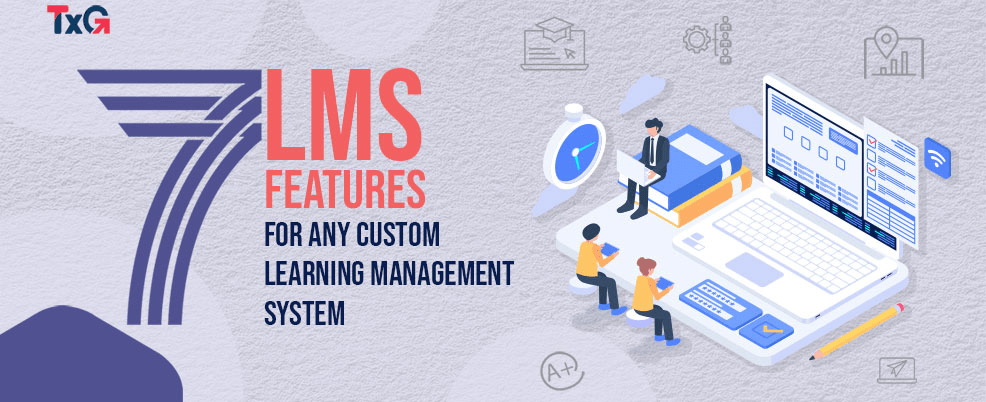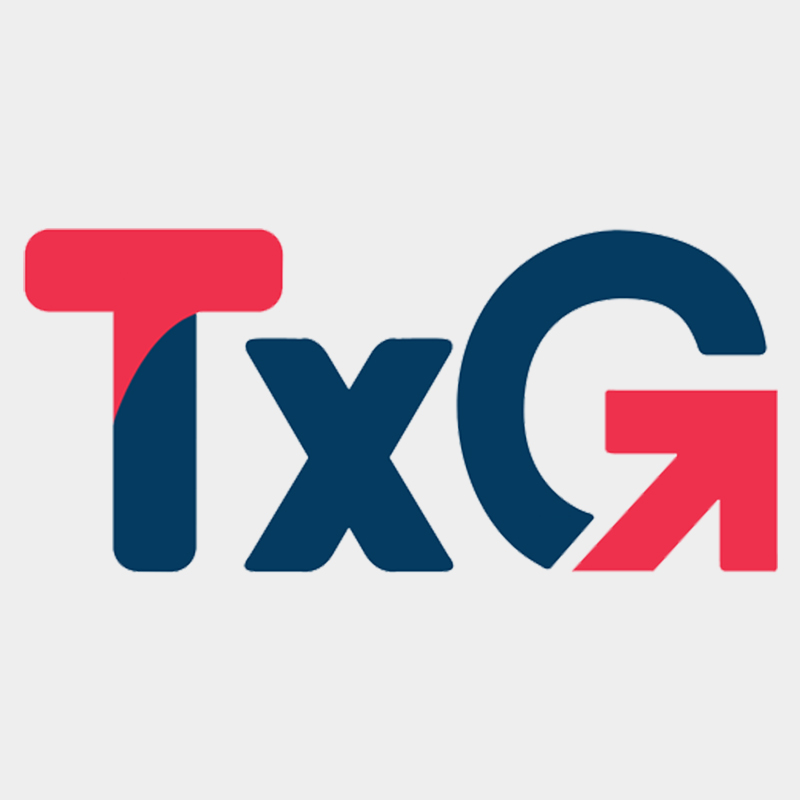What is LMS?
A Learning Management System (LMS) is a software application or platform that facilitates the management, delivery, and tracking of educational or training content. It provides a centralized hub where administrators can create and organize courses, instructors can deliver content, and learners can access and engage with the materials. LMSs often include features such as user management, content delivery, assessment tools, progress tracking, and communication capabilities to enhance the learning experience and streamline the administrative tasks associated with education and training programs.
Why is LMS important for e-learning?
A custom Learning Management System (LMS) is important for e-learning because it offers tailored solutions to meet the specific needs of an organization. By customizing the LMS, organizations can align the platform with their unique branding, workflows, and learning objectives. It enables them to create a personalized and engaging e-learning experience for their learners, incorporating relevant content, assessments, and interactive features. A custom LMS ensures a seamless integration of e-learning initiatives within the organization, enhances learner engagement, and provides a flexible and scalable platform to deliver effective online training programs.
5 Major benefits of LMS
Implementing a Learning Management System (LMS) brings several significant benefits to organizations. Here are five major advantages of utilizing an LMS:
- Enhanced Learning Experience:
An LMS provides a dynamic and interactive learning environment, offering a variety of multimedia content, assessments, and collaboration tools. Learners can access materials at their convenience, engage in interactive activities, and receive immediate feedback, resulting in a more engaging and effective learning experience.
- Increased Accessibility and Flexibility:
With an LMS, learners can access educational content anytime, anywhere, as long as they have an internet connection. This flexibility allows for self-paced learning, accommodating diverse schedules and learning preferences. Additionally, LMS platforms often support mobile access, enabling learners to access courses on their smartphones or tablets.
- Efficient Administration and Reduced Costs:
Learning management platform streamline administrative tasks associated with training programs. Automation of registration, enrolment, progress tracking, and reporting saves time and effort for administrators. Moreover, organizations can reduce costs associated with physical infrastructure, printed materials, and travel expenses, as e-learning delivered through an LMS eliminates the need for traditional classroom-based training.
- Performance Tracking and Analytics:
LMS platforms offer robust tracking and reporting functionalities, allowing organizations to monitor learners’ progress, completion rates, and performance. This data enables administrators to identify areas for improvement, track the effectiveness of courses, and make informed decisions regarding future training initiatives. Analytics and reporting tools provide insights into learner engagement, knowledge gaps, and overall training effectiveness.
- Scalability and Consistency:
LMS platforms facilitate the scalability of training programs, accommodating a large number of learners across different locations and time zones. Organizations can easily deliver consistent training content to employees, partners, or customers, ensuring that everyone receives the same information and adheres to standardized processes. This consistency fosters a cohesive learning experience and helps maintain quality standards throughout the organization.
7 LMS features to consider for an effective content management system
When considering features for a custom Learning Management System (LMS), it’s important to focus on functionality that aligns with the specific needs and goals of your organization. Here are seven essential features that are commonly found in LMS platforms:
- User Management:
A robust user management system allows administrators to easily manage user accounts, including registration, authentication, and profile management. It should also support role-based access control to define different user roles and permissions.
- Course Creation and Management:
This feature enables instructors or administrators to create, organize, and manage courses. It should provide tools for creating multimedia-rich content, organizing lessons/modules, setting prerequisites, and defining learning objectives.
- Content Delivery:
The LMS should support various content formats, such as text, videos, audio files, presentations, and interactive quizzes. It should provide an intuitive interface for learners to access and consume content effectively.
- Assessment and Grading:
The ability to create and administer assessments, quizzes, and assignments is crucial for evaluating learner progress. The LMS should offer options for different question types, automated grading, and feedback mechanisms to facilitate learner engagement and provide timely assessments.
- Progress Tracking and Reporting:
This feature allows learners and administrators to track individual and overall progress. It should include features like grade books, completion tracking, and reporting tools to provide insights into learner performance and identify areas for improvement.
- Communication and Collaboration:
Facilitating communication between learners, instructors, and administrators is essential for a successful learning experience. The LMS should provide discussion forums, messaging systems, and real-time collaboration tools to promote interaction and support knowledge sharing.
- Integration and Customization:
An LMS should offer integration capabilities with external systems such as HR software, authentication systems, or content management systems. Customization options, including branding, theming, and flexible configuration, ensure the LMS aligns with your organization’s unique requirements.
Remember, these are foundational features, and you may want to consider additional functionalities based on your specific use case.
Conclusion
In conclusion, a Learning Management System is a crucial tool for organizations looking to implement effective e-learning initiatives. Whether through a standard LMS or a custom-built solution, the importance of an LMS lies in its ability to centralize the management, delivery, and tracking of educational content. By offering features such as user management, course creation and management, content delivery, assessment and grading, progress tracking and reporting, communication and collaboration, and integration and customization, an LMS empowers organizations to deliver personalized and engaging e-learning experiences. With an LMS in place, organizations can streamline their training programs, enhance learner engagement, and achieve scalable and efficient e-learning solutions tailored to their specific needs.
How can Tecnolynx help you?
We have a team of highly skilled developers and instructional designers who have extensive experience in building robust and customized Learning Management Systems. We can demonstrate our track record of successfully delivering LMS solutions to various clients across different industries.
We understand that each organization has unique requirements and objectives for their e-learning initiatives. We pride ourselves on our ability to tailor LMS solutions to meet specific client needs. Our development process is collaborative, ensuring that we capture the client’s vision and deliver a fully customized LMS that aligns with their branding, workflows, and learning objectives.
At Tecnolynx, we prioritize the user experience. We design intuitive interfaces and implement user-friendly features that enhance learner engagement and ease of use. Our Learning Management System solutions focus on providing a seamless and engaging learning environment that encourages active participation and knowledge retention.
We provide comprehensive support and maintenance services to ensure our clients’ LMS platforms are running smoothly and efficiently. Our dedicated support team is available to address any issues, provide technical assistance, and offer regular updates and enhancements to keep the LMS up to date and aligned with evolving industry standards.
By highlighting our expertise, customization capabilities, user-centric approach, and commitment to ongoing support, we aim to convince potential clients that partnering with Tecnolynx will result in a high-quality, tailored LMS solution that meets their unique e-learning needs.


